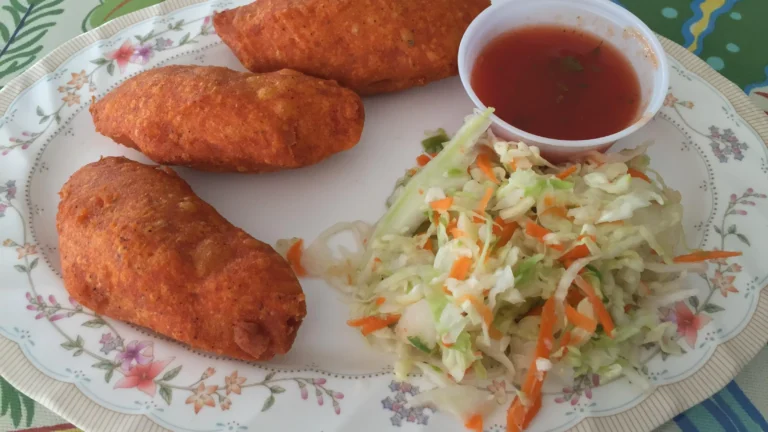Introduction: Understanding El Salvadoran Cuisine
El Salvador is a small Central American country known for its rich and diverse cuisine. El Salvadorian cuisine is characterized by its reliance on fresh ingredients and unique flavor combinations that reflect the country’s history and culture. Salvadorian cuisine is influenced by indigenous, Spanish, and other Latin American cuisines, making it a unique blend of flavors and textures.
The Role of Food in El Salvadoran Culture
Food is an essential aspect of Salvadoran culture, bringing people together and creating a sense of community. Salvadorans take pride in their culinary traditions, which are passed down from generation to generation. Food plays an important role in celebrations, festivals, and family gatherings. Salvadorian cuisine reflects the country’s history, traditions, and beliefs, making it an integral part of Salvadoran culture.
Traditional El Salvadoran Dishes and Ingredients
Traditional Salvadoran dishes often use simple ingredients like beans, rice, and tortillas. Pupusas, a popular Salvadoran dish, are thick corn tortillas stuffed with cheese, beans, or meat. Other traditional dishes include yuca con chicharrón, a dish made with fried yucca and pork, and sopa de res, a hearty beef soup. Salvadoran cuisine also includes a wide variety of seafood dishes due to its location on the Pacific coast.
The Influence of Indigenous and Spanish Cuisine
Salvadoran cuisine is influenced by both indigenous and Spanish cuisine. Indigenous ingredients like corn, beans, and chiles are staples in Salvadoran cuisine. Spanish colonizers introduced new cooking techniques and ingredients like rice, wheat, and dairy products. The blending of these culinary traditions created a unique Salvadoran cuisine that is both traditional and modern.
The Significance of Corn in El Salvadoran Food Culture
Corn is a staple ingredient in Salvadoran cuisine and has significant cultural and religious importance. Corn is used to make tortillas, tamales, and pupusas, which are all traditional Salvadoran dishes. Corn is also considered sacred by indigenous Salvadorans and is used in religious ceremonies and offerings.
Religious and Festive Foods in El Salvador
Food plays a significant role in religious and festive celebrations in El Salvador. During the Christmas season, Salvadorans enjoy traditional foods like tamales, ponche, and panes con pollo. During Holy Week, Salvadorans prepare seafood dishes like ceviche and camarones a la diabla. Food is also an essential aspect of weddings and other celebrations, with traditional dishes like pupusas and yuca con chicharrón often served.
Social Significance of Food in El Salvadoran Society
Food is an essential aspect of Salvadoran social life, bringing people together and creating a sense of community. Sharing food is a way of showing love and hospitality, and Salvadorans take pride in preparing meals for their families and friends. Food is also used to celebrate milestones and achievements, with traditional dishes often served at graduations, weddings, and other important events.
Modern Influences on El Salvadoran Cuisine
El Salvadoran cuisine is evolving and adapting to modern tastes and trends, with new fusion dishes and ingredients being introduced. Salvadorans are blending traditional flavors with international cuisine, creating new and exciting dishes that reflect the country’s diverse culinary history. The popularity of Salvadoran cuisine is growing, with restaurants and food trucks serving traditional dishes across the country. As Salvadoran cuisine continues to evolve, it remains an essential aspect of Salvadoran culture and identity.

